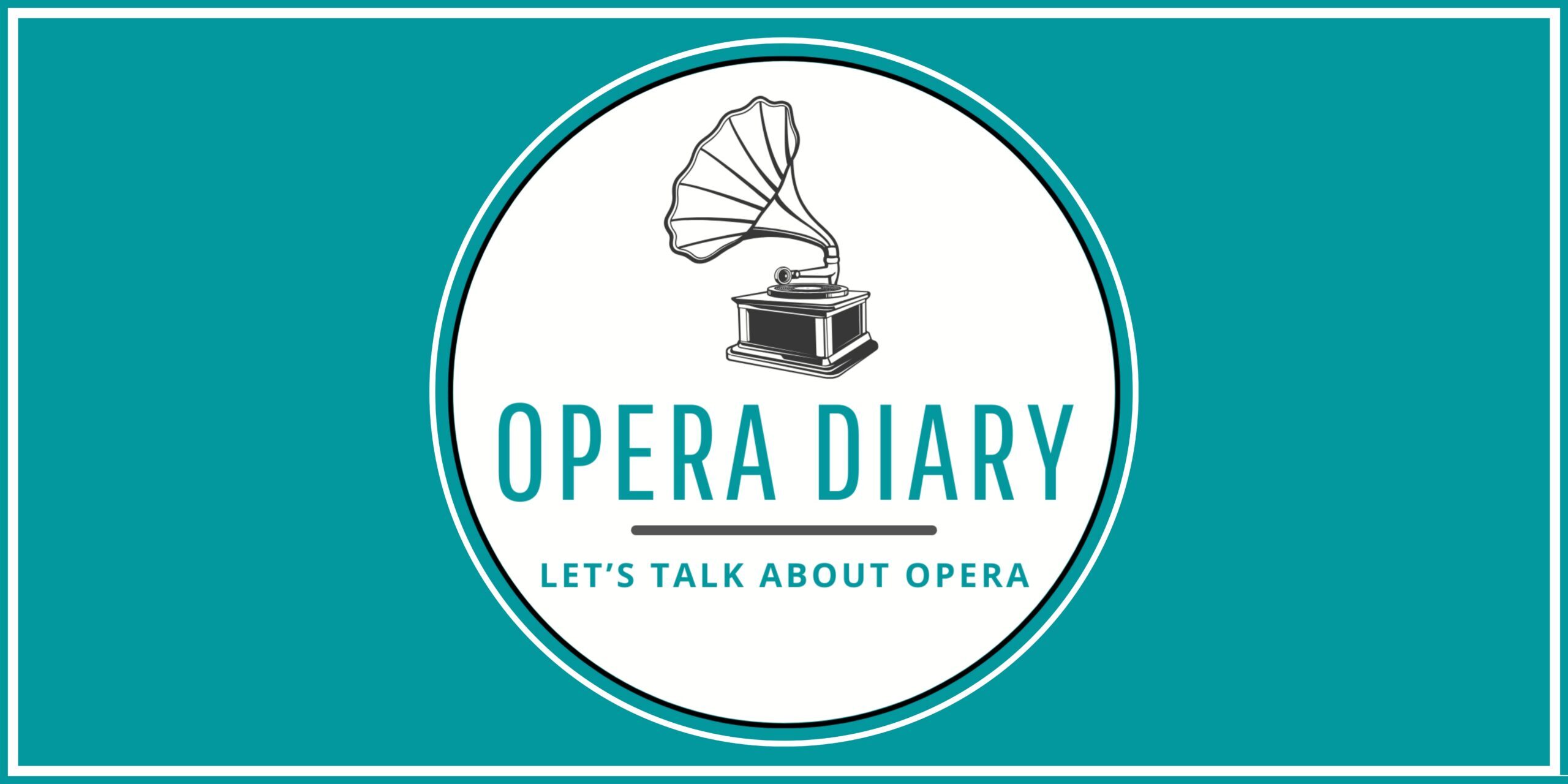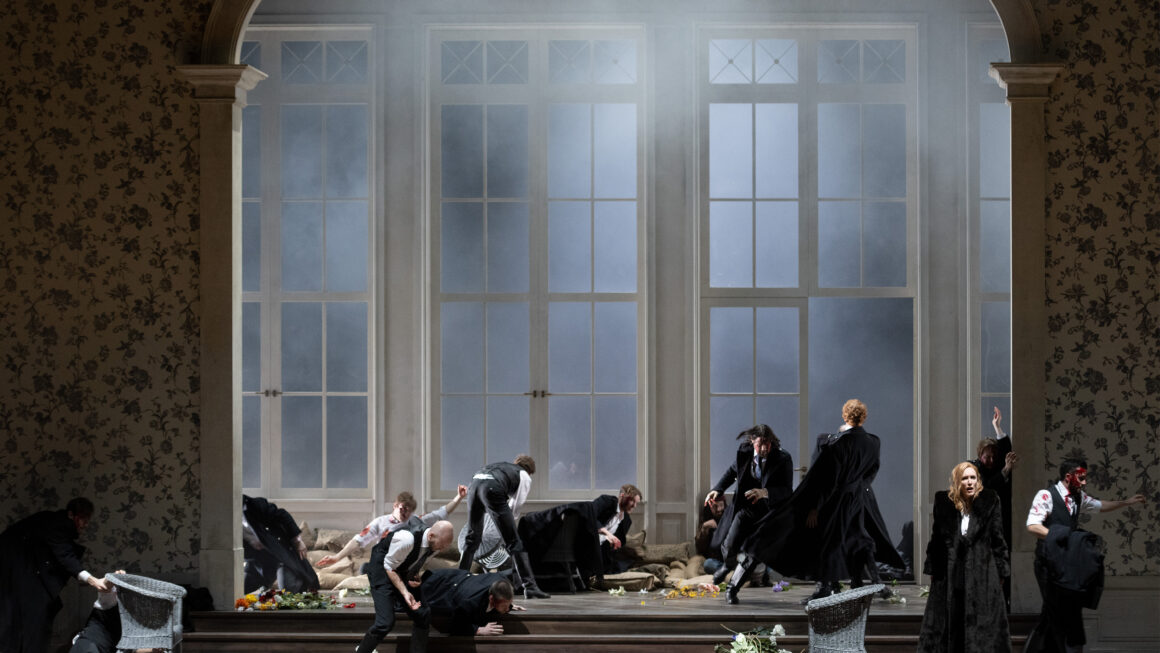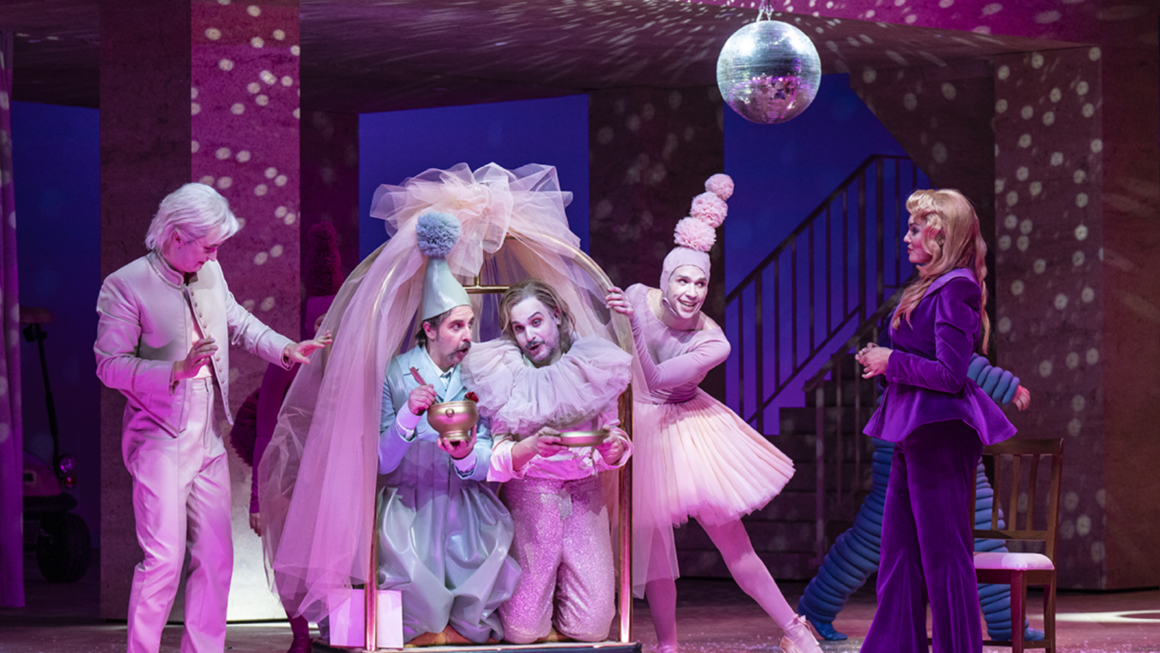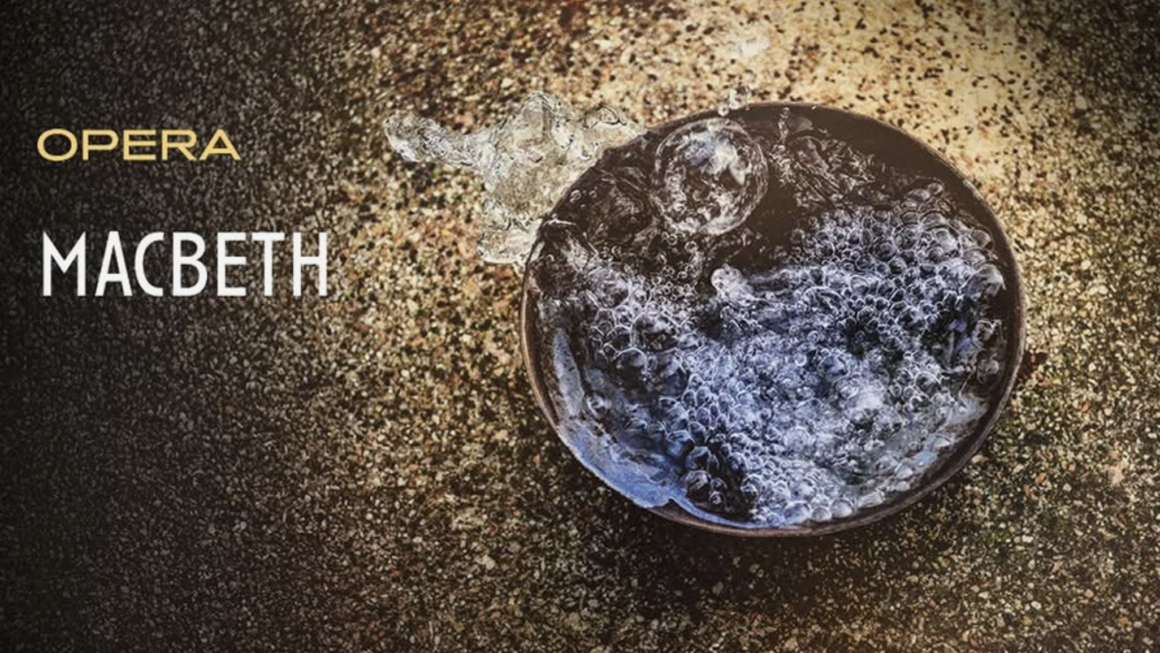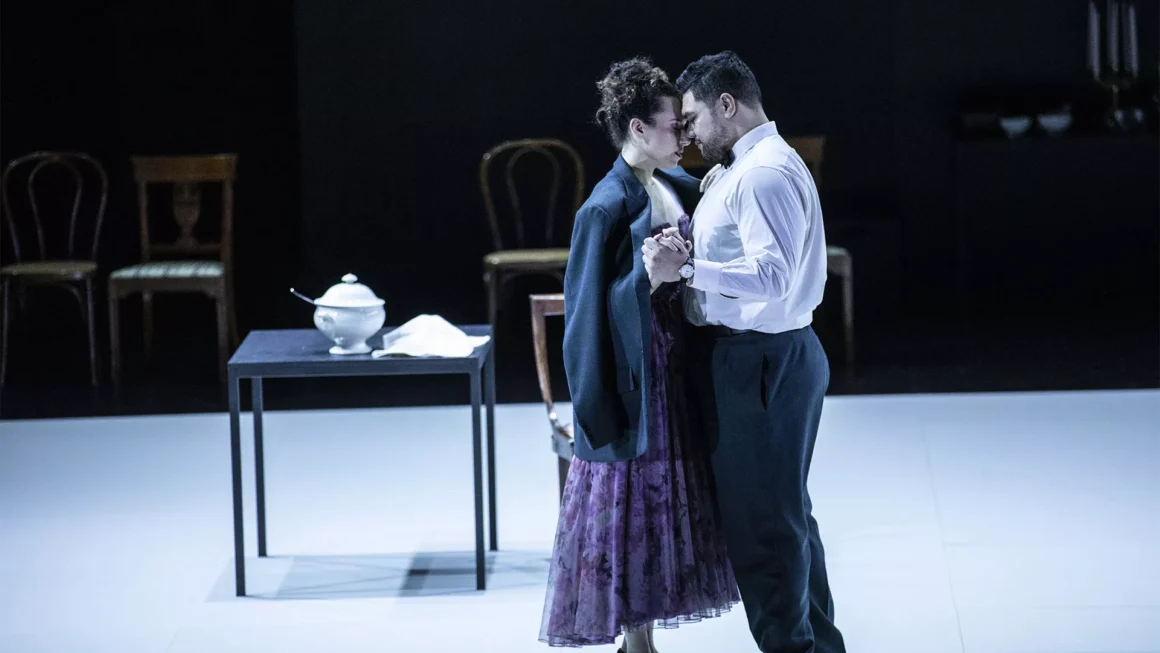This season, the Deutsche Oper Berlin presents a revival of a work that, for reasons as curious as they are obscure, remains a rarity on European stages (a few exceptions such as the Teatro Regio in Turin are quite rare). Not only the opera itself, but its composer too: Francesca da Rimini by Riccardo Zandonai, staged with finesse by Christof Loy. And yet, it is a remarkable piece in many respects: from its literary inspirations (d’Annunzio, Dante) to its musical echoes (Wagner is never far during key orchestral passages), culminating in a rare and striking harmony between the score and the libretto’s unshakeable dramatic structure, penned by Tito Ricordi. The story? Francesca, daughter of Guido Minore da Polenta, is forced to marry Giovanni lo Sciancato, son of Malatesta da Verucchio, but falls in love with his brother Paolo, known as “il Bello”. Their forbidden passion, echoing Tristan und Isolde, Lancelot and Guinevere, leads inexorably to their tragic end.
Equally remarkable were the surprises that marked this first performance of the 2025/2026 opera season, beginning with Ekaterina Sannikova, who stepped in at the last minute to replace Sara Jakubiak in the title role. With her silvery timbre, fearless top notes, and unwavering lyrical breadth, combined with a rare ability to convey both emotional abandon and sensitivity, she proved a Francesca of exceptional stature. Rodrigo Garull, a lyric tenor with effortless access to the heroic inflections demanded by the role, offered a Paolo free of exaggeration, delivering a compelling and nuanced portrayal. The same could be said of Ivan Inverardi, whose Gianciotto, far from grotesque, gained unexpected dignity through the beauty and elegance of his tone: even when cloaked in the character’s murderous darkness. Thomas Cilluffo gave a finely shaded performance as Malatestino, his voice boasting an enviable palette of colours, free of affectation. His portrayal of a psychologically twisted figure, imbued with a disarming charm, made him a striking embodiment of d’Annunzian decadence.
Maria Vasilevskaya brings poignant depth to the role of Samaritana, whose late-life fragility emerges in powerful surges, her timbre blending beautifully with Ekaterina Sannikova’s Francesca. Philipp Jekal’s Ostasio is a compelling fusion of ambition and paranoid whim, made tangible through consistently convincing acting and a voice that deftly traces the character’s shifting moods. Biancofiore, Garsenda, Altichiara and Adonella, portrayed with captivating charm by Meechot Marrero, Hye-Young Moon, Arianna Manganello and Martina Baroni, embody some of the production’s finest expressions of grace, delicacy and enchantment. Lucy Baker’s Smaragdi, by contrast, exudes a dark and enigmatic presence throughout the evening. Kangyoon Shine Lee offers an outstanding Ser Toldo Berardengo, matched by Dean Murphy’s Il Giullare, whose vocal colours and crisp articulation are a true delight. It was also a pleasure to hear the well-projected and generous voices of Michael Dimovski (Balestriere/Prigionero, with its cries whose presence leaves no room for indifference) and Artur Garbas (Torrigiano).
Powerful and dazzling, capable of conjuring the desolate landscapes that staging alone may struggle to evoke, the Chor der Deutschen Oper Berlin once again proves itself among the finest ensembles one could hope for in works where the chorus plays a central role. Under the precise baton of Iván López-Reynoso, the Orchester der Deutschen Oper Berlin is infused with the energy and clarity needed to shape the contrasts between scenes. The conductor resists easy solutions, maintaining a sharply defined musical contour, especially when the score ventures into the shifting psychology of its characters.
At the close of the performance, one cannot help but lament that the immense beauty of this work, with its rich interplay of foreground and background, of conflict and reconciliation between souls, stories and situations, is so rarely encountered. The Deutsche Oper Berlin’s production of Francesca da Rimini not only offers the chance to rediscover it, but elevates it through the remarkable artistry of all involved in this splendid achievement.
******************************
FRANCESCA DA RIMINI
Tragedia in four acts
Libretto by Tito Ricordi (based on Gabriele d’Annunzio’s poem)
First performed on 19 February 1914 at the Teatro Regio di Torino
Iván López-Reynoso | Direction · Christof Loy | Stage director · Johannes Leiacker | Set designer · Klaus Bruns | Costume design · Olaf Winter | Light design · Jeremy Bines | Chorus director · Dorothea Hartmann | Dramaturge
Cast: Ekaterina Sannikova | Francesca · Maria Vasilevskaya | Samaritana · Philipp Jekal | Ostasio · Ivan Inverardi | Giovanni lo Sciancato · Rodrigo Garull | Paolo il Belo · Thomas Cilluffo | Malatestino dall’Occhio · Meechot Marrero | Biancofiore · Hye-Young Moon | Garsenda · Arianna Manganello | Altichiara · Martina Baroni | Adonella · Lucy Baker | Smaragdi · Kangyoon Shine Lee | Ser Toldo Berardengo · Dean Murphy | Il Giullare · Michael Dimovski | il Balestriere and il Prigioniero · Artur Garbas | il Torrigiano · Orchester der Deutschen Oper Berlin · Chor der Deutschen Oper Berlin · Cover photo credits: ©Monika Rittershaus.
(For further informations) Link to the Deutsche Oper Berlin website: Francesca da Rimini
